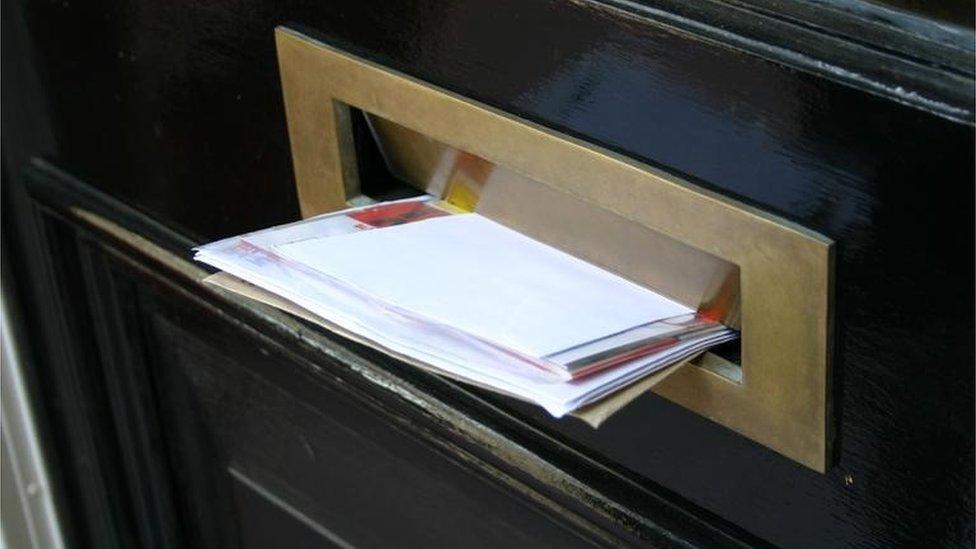Brazen fraudsters offer crime subscription service
- Published

Criminal organisations are offering subscription services to other fraudsters to teach them a scam in which they impersonate their victims.
Fraud prevention organisation Cifas said fraudsters were sharing tips and getting more sophisticated in their attempts to steal money.
Cases of a particular scam targeting shoppers, which often spikes at Christmas, have tripled this year.
Criminals harvest personal information then buy items in someone else's name.
Dark tips
The so-called facility takeover fraud sees victims reveal personal or financial information to someone they believe is genuine, such as supposed bank staff.
Criminals then use this information to access bank or credit card accounts to order items in the victim's name. Online banking accounts can also be taken over as a result of phishing, spyware or malware scams on computers.
Cifas - a not-for-profit organisation that shares fraud prevention tips between businesses and public bodies - said its intelligence team had seen evidence of criminals charging each other for information on the dark web. This is the part of the internet that is invisible to search engines.
Criminals have long shared so-called sucker lists, detailing people who they have previously tricked in a scam and could be potential victims again.

Details can be stolen in a variety of ways
There were 7,461 reports in the retail sector from January to September recorded by Cifas, compared with 2,365 in the same period in 2019.
There was also a big rise in cases of fraudsters using the same kind of scam to order mobile phones.
Cifas said techniques used by criminals were becoming more sophisticated as they were finding new ways to circumvent security measures put in place by companies.
Mike Haley, chief executive of Cifas, said: "We often notice a spike in this activity over the festive period, and so I would urge everyone to remain vigilant if contacted by anyone claiming to be from an organisation they trust, such as a bank, mobile phone company or even the police."
Last month, banking trade body UK Finance warned criminals were using the cover of Christmas shopping deals to roll out data harvesting scams, attempting to prompt consumers to provide details through phishing emails.
These messages often advertised cheap goods and could involve fraudsters impersonating genuine organisations and businesses.

How to prevent fraud
The Take Five to Stop Fraud campaign is urging people to:
Stop: Taking a moment to stop and think before parting with your money or information could keep you safe
Challenge: Could it be fake? It is OK to reject, refuse or ignore any requests. Only criminals will try to rush or panic you
Protect: Contact your bank immediately if you think you've fallen for a scam and report it to Action Fraud
Related topics
- Published17 December 2020

- Published15 December 2020

- Published12 December 2020
